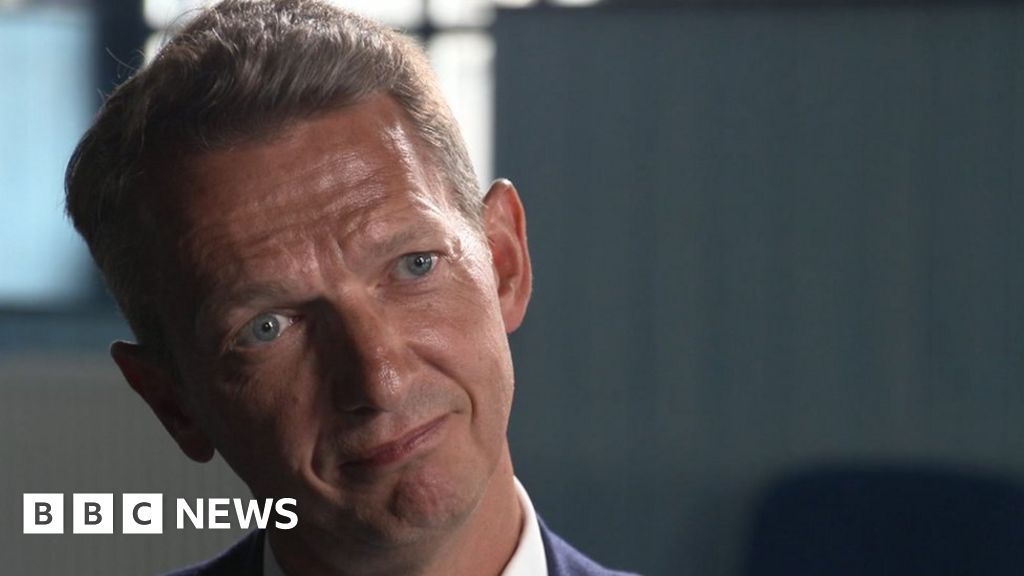The likelihood of high inflation is “increasing swiftly,” according to the Bank of England’s retiring chief economist, and could reach nearly 4% this year. Andy Haldane was speaking less than a week after the Bank of England’s Monetary Policy Committee (MPC) dismissed inflation as “transitory.” In the year to May, consumer price inflation reached a two-year high of 2.1 percent, exceeding the Bank’s target of 2 percent. The MPC predicted that inflation would rise beyond 3% “for a limited time.” Mr Haldane, who is widely seen as an inflation outlier, has frequently been in the minority on the committee. Mr Haldane, who is leaving the Bank after 32 years, said in a lecture to the Institute of Government that higher inflation would hurt “everyone.” “Overall, inflation expectations and monetary policy credibility appear to be more weak now than at any time since inflation targeting was implemented in 1992,” he added. “By the end of the year, I estimate UK inflation to be closer to 4% than 3%,” he says. Fears of inflation are dismissed by the Bank of England. Fears of inflation are growing as industrial costs in the United Kingdom rise. Prices have risen to a two-year high due to rising clothing and fuel costs. If Mr Haldane is correct, the Bank may need to respond with higher interest rate hikes than currently planned. “Even if this scenario represents a danger rather than a central view,” he continued, “it is a risk that is rapidly developing and is better controlled ex-ante rather than responded to ex-post.” Everyone would lose if this risk materialized – Businesses and consumers would face greater borrowing and living costs, and governments will face growing debt-servicing costs as a result of unfulfilled requirements.” The MPC decided 9-0 last week to hold interest rates at the historic low of 0.1 percent. Since March of last year, when they were cut to help mitigate the economic shock of Covid-19, rates have remained steady. The economy of the United Kingdom Bank of England Inflation/n
Read MoreBank of England’s Andy Haldane voices 4% inflation fear
2021-06-30T16:28:43-04:00June 30th, 2021|



